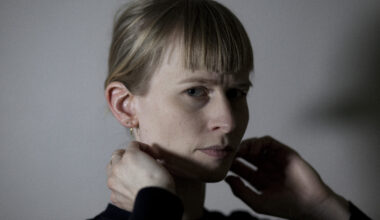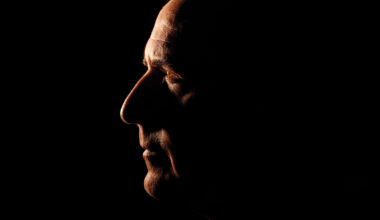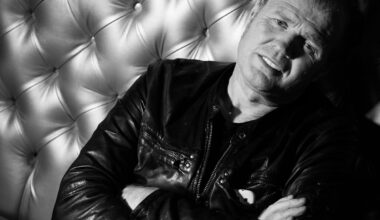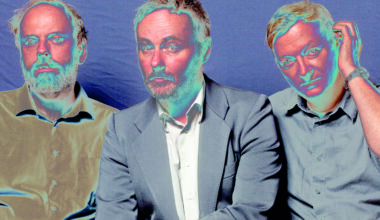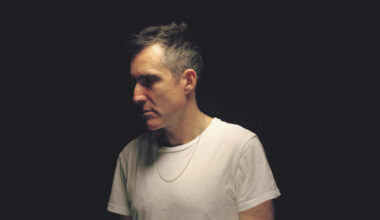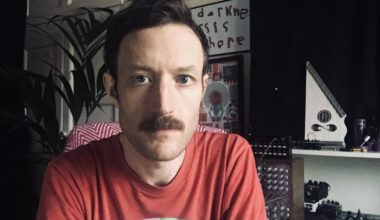Lamb’s Lou Rhodes takes us on a winding road through a few of her formative influences
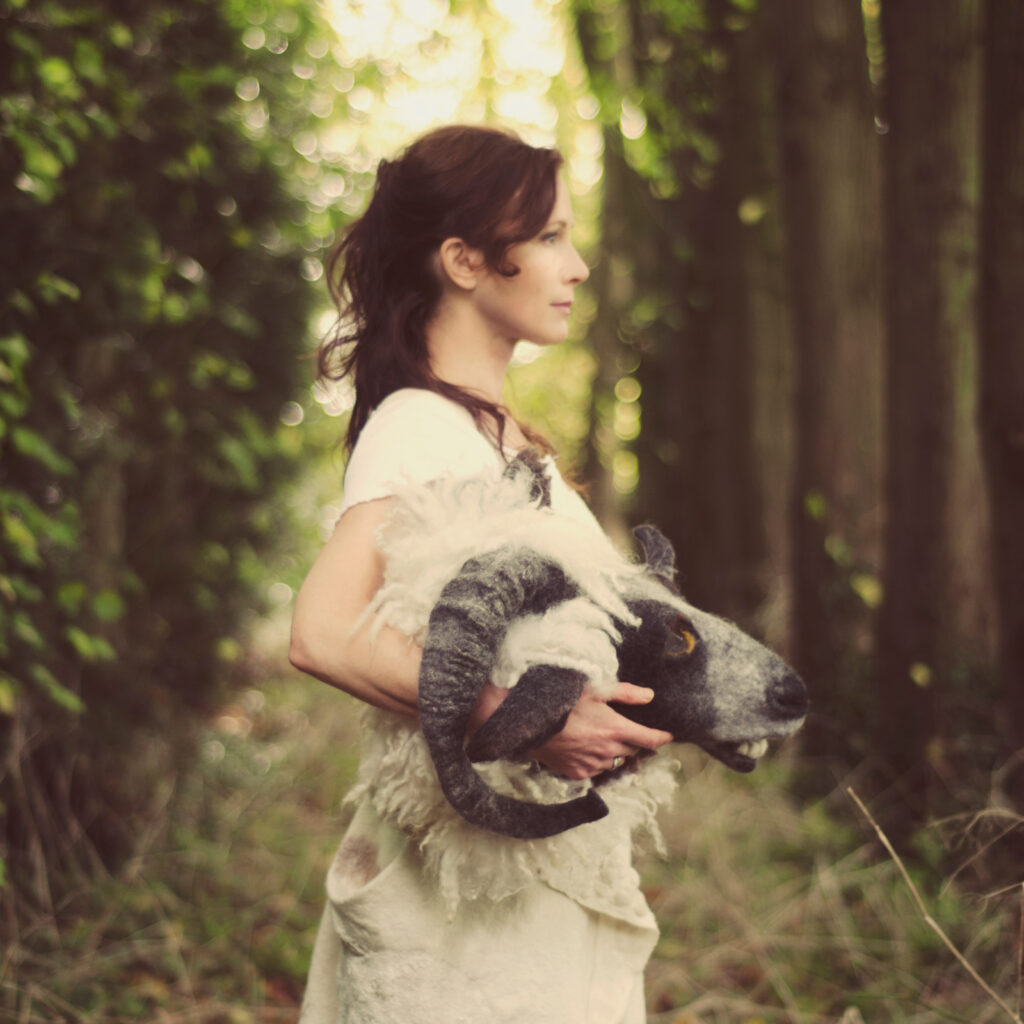
BEING BROUGHT UP BY A FOLK SINGER
“My mum, Annie Burton, was a folk singer. One of my very earliest memories is from when I was about three, I was supposed to be in bed, but instead I was sitting on the stairs listening to her rehearsing with her band in the front room. I think I learnt to sing and speak at the same time because it was just happening all the time around me. She also ran folk clubs in Eccles and I did my first ‘floor spot’ aged 12 in this room above a pub. The culture surrounding the folk scene was that people would stop talking and actually listen properly. Live music was really respected.
“My mum also introduced me to the music of Joni Mitchell around that age. She became my singing teacher in some ways. She had such an effortless, unique vocal style and she wasn’t afraid of creating quite challenging melodies. I especially love the ‘Ladies Of The Canyon’ album, which has that 70s, California spaced-out hippy vibe. She always dug deep into her psyche as a songwriter, which really pushed me to do likewise.”
ZEN BUDDHISM
“My stepfather took me to a meditation group when I was 17. Like many teenagers I was searching for meaning I suppose, and it immediately made sense to me as a simple approach to life. I fell in love with it instantly. The ‘less is more’ philosophy has definitely informed my music making, which is just as much about the silence between the notes as the notes themselves. It’s long been a source of conflict between myself and Andy [Barlow, the other half of Lamb] who always wants to explore every possible avenue! That interplay of opposites is probably a big part of what makes Lamb work.”
MANCHESTER’S “GOLDEN AGE”
“Manchester was such an exciting place in the 80s, especially after growing up on a farm. The two main interconnected elements of that for me were the club scene and pirate radio. I remember The Haçienda in the pre-house days when it was just 30 blokes in raincoats listening to Joy Division, and the transformation after acid house was incredible. Suddenly the place was teeming with scallies in trainers swigging champagne from the bottle. It was quite a funny metamorphosis really.
“The pirate stations like Sunrise gave you the chance to explore some of this underground music further, this is all pre-internet of course. There were lots of squat parties around Hulme at that time, which was a massive, sprawling housing estate notorious for rent evaders and squatters. It’s also where the pirates would set up, get caught and then move on and pop up somewhere else. Through this I met A Guy Called Gerald. His ‘Black Secret Technology’ album, which was very early drum ’n’ bass, was a big influence on Lamb’s sound, as was a lot of stuff on the Shut Up And Dance label, which combined broken beats with soulful vocals. It inspired me to find someone like Andy and take a different approach.”
FESTIVALS IN ENGLISH FIELDS
“I’m talking about proper festivals here, ones rooted in festival culture and on a more intimate scale. We do them in a really special way in England. We don’t just play and leave. At Green Man or End Of The Road you get such brilliant cross-pollination of styles and you discover so much, especially in the smaller spaces. At a small festival a friend ran this year I came across this band called Young Waters, who played without any amplification. They performed in this little straw bale roundhouse someone had constructed. It held no more than 30 people and was like a natural little amphitheatre. Things like that only happen at these festivals which put the delicacy back into music. There’s a certain magic to these events. They airlift you out of your everyday life.”
SOCIAL MISFIT AMERICAN WRITERS
“I have a real fascination with certain American writers who explore the dark underbelly of life, even if they’re not reputed to have been especially nice people. I love Charles Bukowski. Even though he was a cynical, misogynistic alcoholic, there’s still something incredibly and achingly human about him. Kerouac’s another example. He would probably be on Prozac if he were around today. They’re social misfits who numbed their pain with alcohol, but cut through the crap and presented this raw humanity to the world.
“Although he wasn’t a novelist, Bill Hicks walked a similar path. He spoke a reckless truth and was almost a visionary in a way. There’s a slight madness to these people which takes them out of the ordinary. They’re almost like modern day seers. Toni Morrison too, who explored taboos and whose prose captured the rhythm of jazz. I remember reading ‘Song Of Solomon’ on a train and just bursting into tears opposite this man when the story reached its bitter blow of an ending. That visceral response really took me by surprise.”
